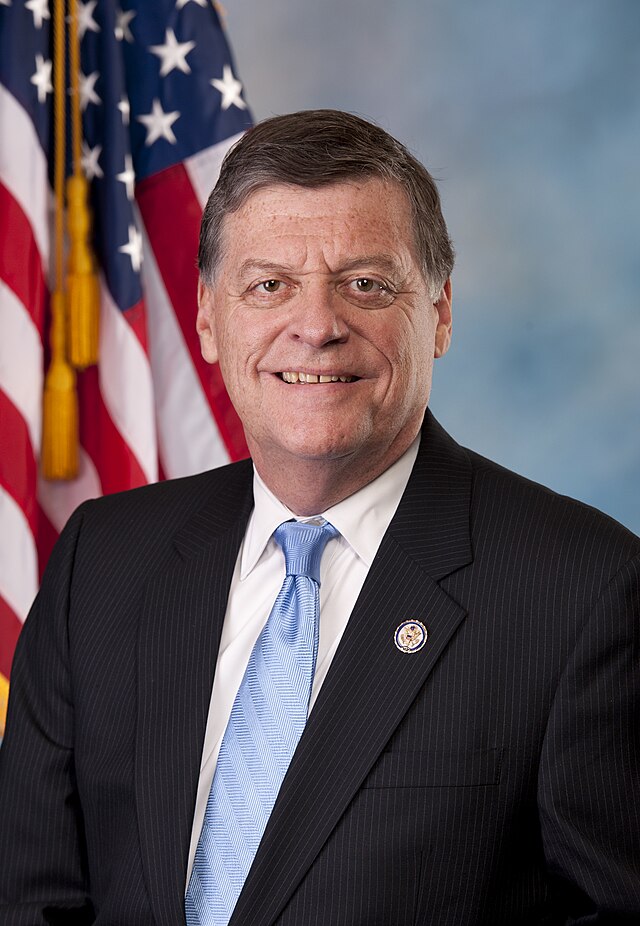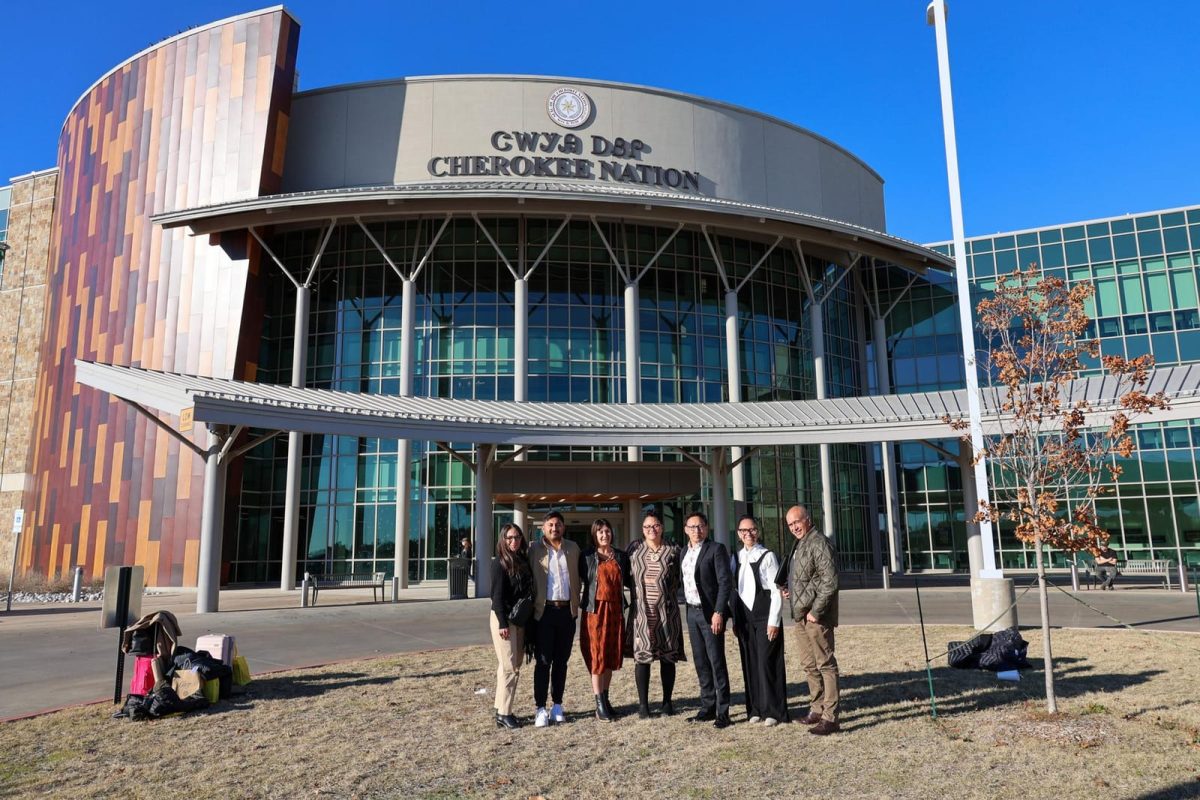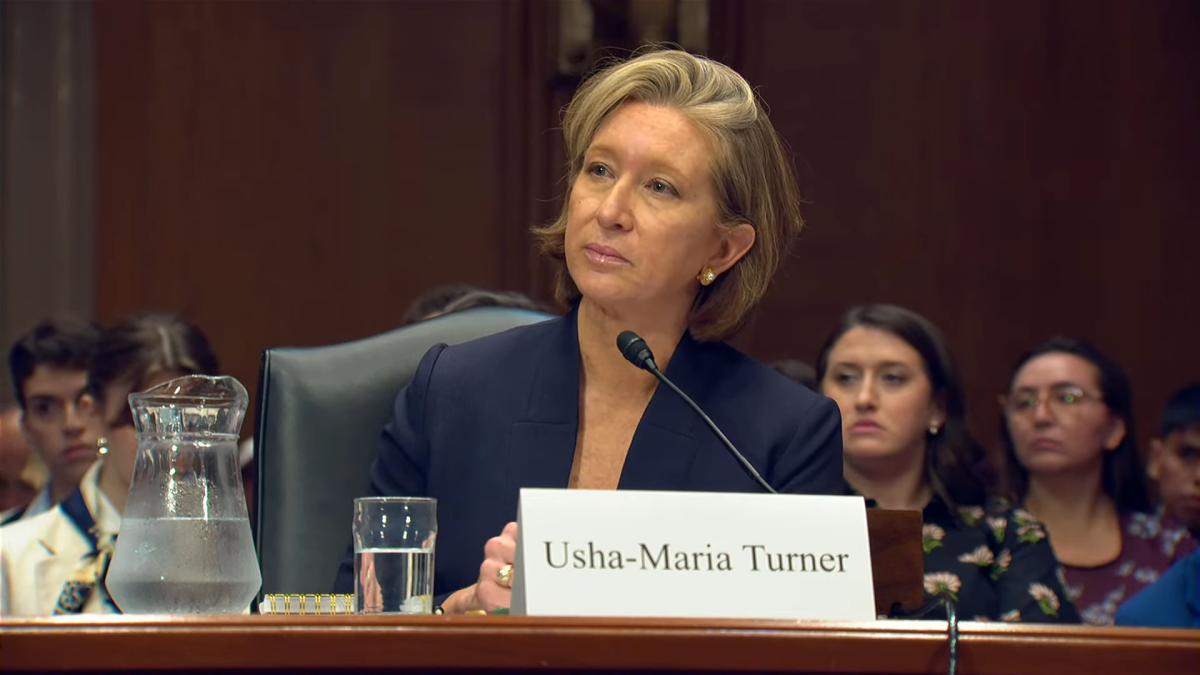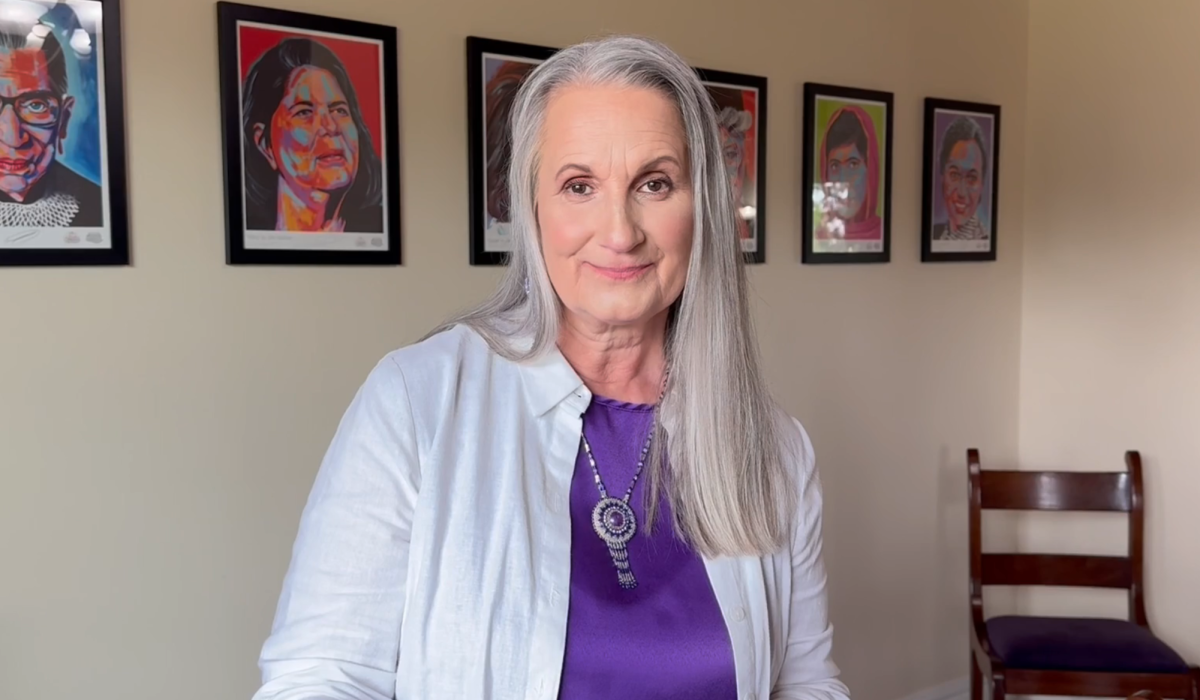There are 86 missing Indigenous persons in Oklahoma, according to data from the National Missing and Unidentified Persons Systems.
At a Nov. 20 House Committee on Appropriations, Subcommittee on Interior, Environment and Related Agencies hearing, Appropriations Chairman Rep. Tom Cole (R-Moore) reaffirmed his commitment to ensuring the federal government is working to provide resources and services to combat the issue.
“Because of the extreme lack of resources, statutory roadblocks and several other barriers, this crisis won’t be solved without the work and partnership of leaders of the federal, state, tribal and local law enforcement,” Cole said.
“To put it into perspective I use the phrase: ‘Fishermen know where to fish, hunters know where to hunt, predators know where to prey.’ We can’t give predators a place to prey anywhere, but especially in Indian Country.
“I have been – and will remain – committed to ensuring the federal government provides the services and resources needed to protect Native Americans throughout Indian Country,” he said.
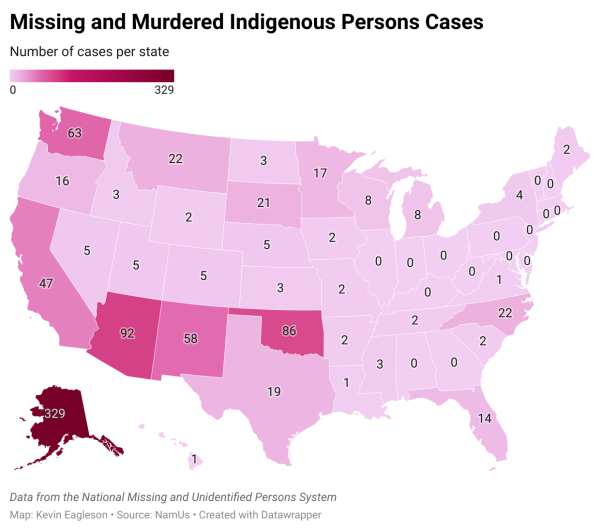
According to data from the National Missing and Unidentified Persons Systems, there are at least 875 missing Indigenous persons cases across the nation. Oklahoma has the third-highest amount of cases behind Alaska which has 329 and Arizona which has 92.
The subcommittee’s ranking member, Rep. Chellie Pingree (D-Minnesota), said the Bureau of Indian Affairs estimates there are 4,200 missing and murdered cases that have gone unsolved.
According to the 2016/2017 Report on Sexual Violence by the Centers for Disease Control and Prevention, over 43.7% of Indigenous women are raped in their lifetime.
During the subcommittee hearing, Cole mentioned the need for increasing data collection, record keeping and reporting to understand the issue properly. He also reiterated the need for collaboration between law enforcement agencies at all levels.
“It will require sufficient awareness and resources to solve this crisis once and for all,” said Cole, who is a citizen of the Chickasaw Nation and one of four Native Americans in the House..
He stated his support for two bills that were signed into law in 2020 that aimed to increase data collection on missing and murdered Indigenous people.
Sponsored by Sen. Catherine Cortez Masto (D-Nevada), the Not Invisible Act, or S.982, increases coordination efforts to reduce violent crime against Indigenous individuals and on Indigenous land. It requires the Department of Interior to designate an individual in the Bureau of Indian Affairs to coordinate efforts.
The law also requires the Department of Justice and the Department of Interior to establish a joint commission on crime against Indigenous people and crime on Indigenous land. They must also provide written recommendations for combatting such crimes and for identifying, reporting and responding to instances of missing persons, murder and human trafficking.
Savanna’s Act, or S.227, sponsored by Sen. Lisa Murkowski (R-Alaska), directs the Department of Justice to review, revise and develop law enforcement and just procedures to address missing or murdered Indigenous people.
The bill requires the Department of Justice to provide training on how to record victims in federal databases, develop and implement a strategy to educate the public on databases, conduct outreach, develop regional guidelines on responding to such cases and report statistics on missing or murdered Indigenous people.
The bill also authorizes the Department of Justice to provide grants to develop and implement policies and protocols for missing and murdered Indigenous persons cases and to compile and report data relating to the cases.
The fiscal year 2025 House Interior Appropriations bill, which has passed the House Appropriations Committee but has not reached the floor of the House, provides an increase in funding for the Bureau of Indian Affairs.
The bill provides an increase in $191 million for Bureau of Indian Affairs Public Safety and Justice programs, including $141 million for Criminal Investigations and Police Services.
The bill, if passed, will also bring the total amount of funding for the Missing and Murdered Indigenous Women Initiative to $30 million because of an additional $13.5 million in fiscal year 2025.
“These steps are just the beginning. Beyond the interior bill, I vow to continue to do all that I can to support all the federal agencies that are working to address this crisis,” Subcommittee on Interior, Environment and Related Agencies Chairman Rep. Mike Simpson (R-Idaho) said.
Kevin Eagleson is reporting from Gaylord News’ Washington bureau this fall as part of an OU Daily scholarship.
Gaylord News is a reporting project of the University of Oklahoma Gaylord College of Journalism and Mass Communication. For more stories by Gaylord News go to GaylordNews.net

